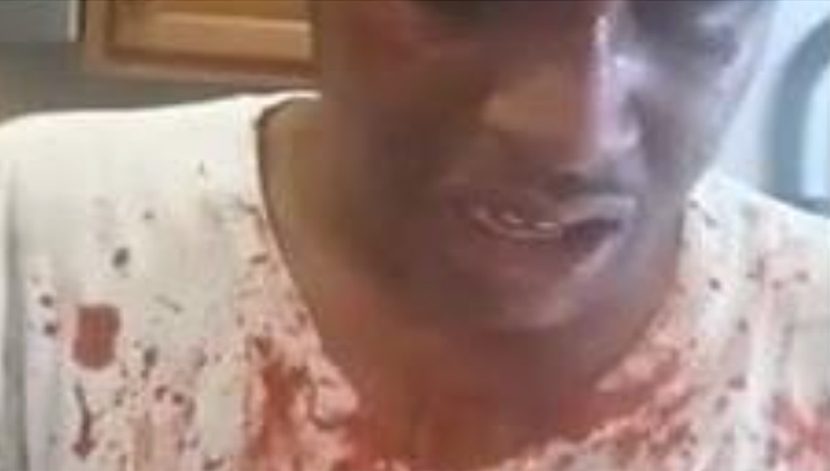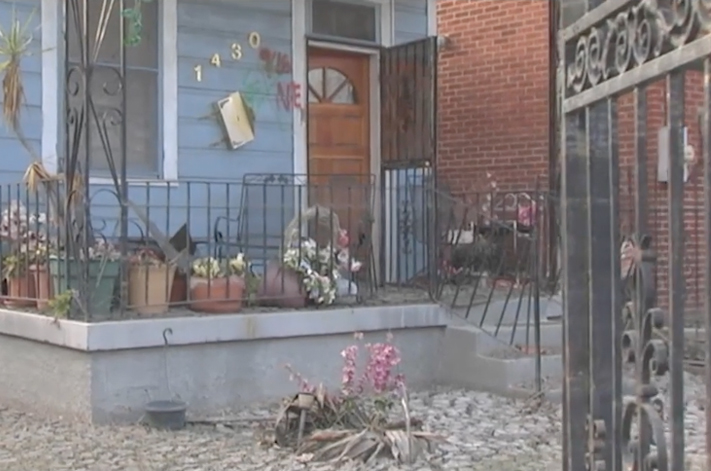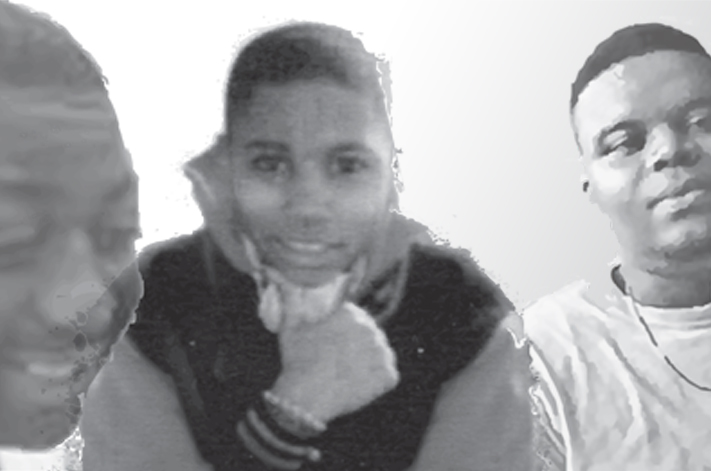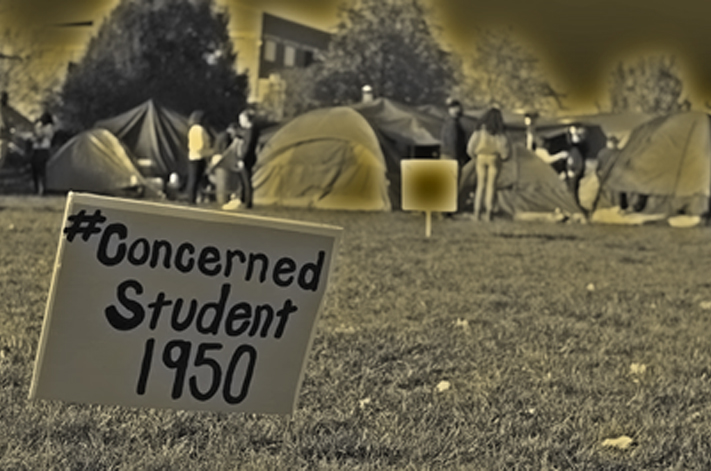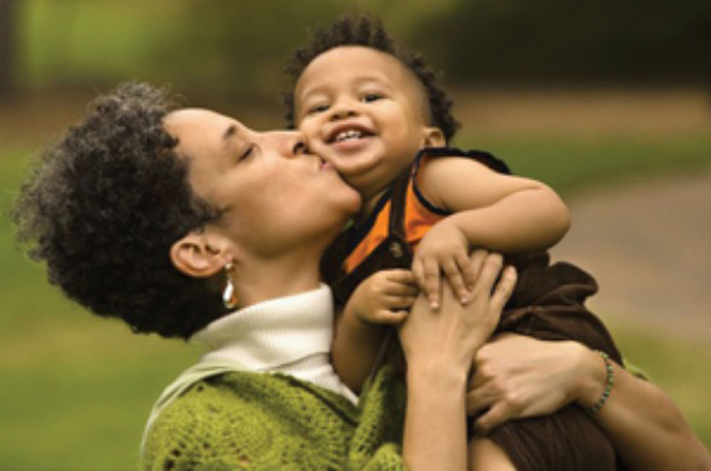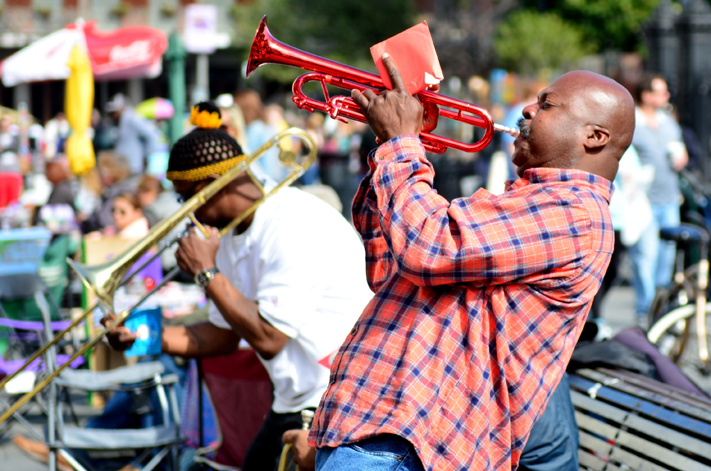Project Description
Empirical evidence has helped us understand the roots of racism and why it is rampant in American society. Psychologist and Social Scientist Daniel Kahneman discovered, “What You See Is All There Is Thus a newer history began and today, it is time to discuss it. Sit back. Relax, or at least revisit what might open your eyes. Be prepared to see anew. We thank Professor Henry Louis Gates Jr. The history of Africans in the Americas is a long and complicated one, filled with tragic twists and hopeful turns. Harvard professor Henry Louis Gates Jr. has taken on the task of telling the story in its entirety in the new PBS documentary The African Americans: Many Rivers to Cross. The noted scholar spoke with Tell Me More host Michel Martin about why it’s important to trace the path of African American people in the documentary format, and how to change the conversation about race. Interview Highlights On why he became a documentary film maker I was actually inspired — in retrospect, as these things go — to study African American history by a black documentary. And it was aired in 1968, I was seventeen years old, and we watched it on this little black and white television — you remember those — and it just transformed my life. I was riveted. It was Bill Cosby’s documentary called Black History: Lost, Stolen, or Strayed. And it opened up this whole heretofore hidden universe of information to me about people of African descent in the United States. On Africans being involved in the slave trade It’s certainly a shock to most Americans — particularly to African Americans — when they learn… that the overwhelming percentage of slaves shipped to the New World were captured by Africans from other Africans. And not, Michel, like we thought when we were growing up which was that our ancestors were out say on a picnic on Sunday, and all of a sudden Europeans jumped out of the bushes and threw a net on them, and they ended up in a cotton plantation in Alabama. It didn’t work that way. It was a business. And it drives some people crazy when we talk about that, but it’s just the truth and we have no choice. And it shows that Africans, people of African descent, can be driven by greed and malicious motives just like other people can. On the failures of the “Conversation About Race” Every time there’s a racial incident in this country, there are calls by our political leaders by our activists, our spokespersons for the so-called “conversation about race.” So what does the conversation about race mean? People gather together in a kind of town meeting. They stand up and talk anecdotally about pains and slights… And then everyone feels better and they go home … And then a couple weeks later there’s another Trayvon Martin shooting. Real conversations about crucial things in America happen in our schools. Schools have always, from the beginning of the republic, been the venue for the shaping of citizenship. The presence of African Americans has to be integrated into the story we tell about the founding of this great republic and its settlement, and its expansion. Listen to the Interview or read the Transcript below. Copyright ©2013 NPR. For personal, noncommercial use only. See Terms of Use. For other uses, prior permission required. Michel Martin, Host: (Soundbite of Documentary, “The African-Americans: Many Rivers To Cross”) Henry Louis Gates Jr.: His name was Juan Garrido. He was free and he left his mark on the New World. Martin: That is the voice of the man behind the series – noted scholar, Professor Henry Louis Gates Jr., and he is with us now to pick up the story from there. Professor Gates, welcome back to the program. Thank you for joining us. Gates: Thanks, Michel, for having me on the show. Martin: Now a lot of people, as I said, have tried to tell the story of how Africans came to be here and the mark that they’ve left on this country. What are you trying to do with this project that you think other people haven’t done or what’s missing that you feel you wanted to tell? Gates: Well, Michel, I was actually inspired in retrospect, as these things go, to study African-American history by a black documentary. And it was aired in 1968. I was 17 years old, and we watched it on this little black and white television – you remember those – and it just transformed my life. I was riveted. And it was Bill Cosby’s documentary called “Black History: Lost, Stolen, or Strayed.” And it opened up this whole heretofore hidden universe of information to me about people of African descent in the United States. So a year later, I’m at Yale. I’m looking through the course catalog – Introduction to Afro-American History. And I enroll in this course and I am hooked. I devour all of the information. And so this is a fulfillment of a dream. This is my 13th documentary, and hundreds of documentaries about the black experience have been made. But no one since Bill Cosby has tried to tell in one documentary the story of our people’s presence in the United States from the start to the finish. Martin: I think one of the stories that you tell in the documentary that may be, may be surprising to some is the role of Africans in the slave trade. I mean, you make global connections throughout the documentary, that’s one of the points that I would like to make. But there’s a scene where you go to Sierra Leone and you spoke to a group of men whose ancestors had profited off the slave trade. And you ask one of them whether any of them had received wealth because of the slave trade. And that they said that they had. And then you ask them, you know, why? And this is what they said. (Soundbite of Documentary, “The African-Americans: Many Rivers To Cross”) Unidentified Man #1:Martin: What do you think people will draw from this? I mean, I know it has been well documented that Africans clearly played a role in the slave trade. And you make the point in the documentary that they did not envision a system of kind of perpetual bondage based on race. I mean, you know, how could they? But talk a little bit about that if you would. What do you hope people will draw from that? Gates: Well, it’s certainly a shock to most Americans, and particularly the African-Americans when they learn – as scholars have known for a long time – that the overwhelming percentage of the slaves shipped to the New World were captured by Africans from other Africans. And not, Michel, like we thought when we were growing up, which was that our ancestors were out – say, for a picnic on a Sunday – and all of a sudden Europeans jumped out of the bushes and threw a net on them and they ended up in a cotton plantation in Alabama. It didn’t work that way. It was a business. And it drives some people crazy when we talk about that, but it’s just the truth. And we have no choice. And it shows that Africans – people of African descent – can be driven by greed and malicious motives just like other people can. Martin: As we mentioned, the series is not all sadness and tragedy. That there are some wonderful moments – obviously of, you know, big triumphs, but also enjoyment. And I want to mention that you were lucky enough to enjoy some food. And here you are talking to food historian Michael Twitty about some of his research, which you were privileged to enjoy. Here it is. (Soundbite of Documentary, “The African-Americans: Many Rivers To Cross”) Michael Twitty: …Was one of the former governors of Virginia, his wife said that no one bakes a ham better than a big, fat Negro mammy. Gates: Really? Twitty: And you think about this – ham, as a food, was not invented in Africa. Gates: No. Twitty: But somehow, we got our hands in the sugarcane. Gates: And our ancestors black-ified it. Twitty: We black-ified it. We took everything and made it, like, made it better and made it more soulful, if you will. Gates: Said, let’s put a little pineapple cherries on there. Twitty: Exactly. Gates: And put a little maple syrup. Twitty: And brown sugar. Gates: Brown sugar. Twitty: Now, you know, maples syrup. We don’t do maple syrup. Gates: Excuse me, brown sugar, brown sugar. Martin: No maple syrup. You got that? But talk a little bit about the other point that you’re making in the documentary. You’re following the course of Africans in America and their trajectory, but you’re also following the way that these people influenced America. Talk a little bit more about that if you would. Gates: I think the most marvelous thing about the story of our ancestors is how they created a culture out of nothing, you know. I mean, they had no money, the rags on their back. They were beaten. They weren’t free and – by and large – and nevertheless, they created one of the world’s great cultures. So we used food and music – the creation of the spiritual blues and jazz, similarly, to show how people fabricated a culture, but out of the elements that almost left behind or left over. And there’s nothing more vivid or graphic as an example of that than African-American cuisine. Martin: What are you hoping people will draw from this series overall? And who are you particularly hoping will see it? I mean, you mentioned at the beginning of our conversation that seeing a documentary like this had a profound effect on your own life when you were a young person, but who are you hoping will see this? Gates: Well, every time there’s a racial incident in this country, Michel, there are calls by our political leaders, and by activists, our spokespersons for the so-called conversation about race. So what is a conversation about race mean? People gather together in a kind of town meeting. They stand up and talk anecdotally about pain and slights and sufferings, or implicit or explicit bias if you’re a white person, vis-a-vis a black person. And then everyone feels better and they go home. And… Martin: Or worse. Gates: Or worse. And then a couple weeks later, there’s another Trayvon Martin shooting. Real conversations about crucial things in America happen in our schools. Schools have always, from the beginning of the Republic, been the venue for the shaping of citizenship. The presence of African-Americans has to be integrated into the story we tell about the founding of this great Republic and its settlement and its expansion, culminating in the election of an African-American president. Black History Month is wonderful, but every day has to be a Black History Month. So when you ask me, who’s it for? It’s for all those young people who, unlike us, didn’t watch “Roots.” It’s for anyone who’s curious about what African-Americans have contributed to the great narrative of American history. Martin: You know, I would be remiss if I didn’t ask about a painful racial episode that you were involved in a couple of years ago when you were coming back from an international trip. And you were arrested by a police officer for allegedly breaking into your own home after you had already established your identity. And it was a painful episode on a number of levels, not least of which because then the president commented upon it and received this huge kind of political backlash as a consequence of that. Were you tempted to put that in the film? Gates: No, not at all. We could only include 70 stories representing 500 years of our ancestors’ history. And each one had to be of enormous historical significance. When you think about Trayvon Martin, you think about Trayvon Martin’s parents, they will have to live with this grief forever. You compare that to my experience, mine seems trivial. I was in jail for four hours, you know. And by the time I got there, I had the Harvard legal counsel, professors Evelyn Brooks Higginbotham, Larry Bobo, Marcyliena Morgan – they were all waiting for me, right, and demanding that I be let out. It just wasn’t a typical situation for an African-American. Martin: Well, before we let you go, you mentioned again that you spent seven years on this project. So it had to have been a labor of love. This is the only thing you were doing in the course of all that time. You actually produced a number of other projects as well. Are you pleased with it? Is this what you hoped it would be? Gates: Oh, it’s – in the end, you know, you have to watch it. You and other critics in the public have to tell us, but I’m very proud of this series. And I have a dream team of producers and a battalion of historians – 40 historians. And I think that you’ll be pleased. I hope so at least. Martin: That was Harvard professor Henry Louis Gates Jr. We are talking about the new six-part documentary series “The African-Americans: Many Rivers to Cross.” Part one premieres tonight on PBS, although you’ll want to check your local listings for the exact times. And he joined us from member station WGBH in Boston. Professor Gates, thank you so much for speaking with us. Gates: Thank you so much, Michel. Copyright © 2013 NPR. All rights reserved. No quotes from the materials contained herein may be used in any media without attribution to NPR. This transcript is provided for personal, noncommercial use only, pursuant to our Terms of Use. Any other use requires NPR’s prior permission. Visit our permissions page for further information. NPR transcripts are created on a rush deadline by a contractor for NPR, and accuracy and availability may vary. This text may not be in its final form and may be updated or revised in the future. Please be aware that the authoritative record of NPR’s programming is the audio.Henry Louis Gates Jr. On Untangling African-American History
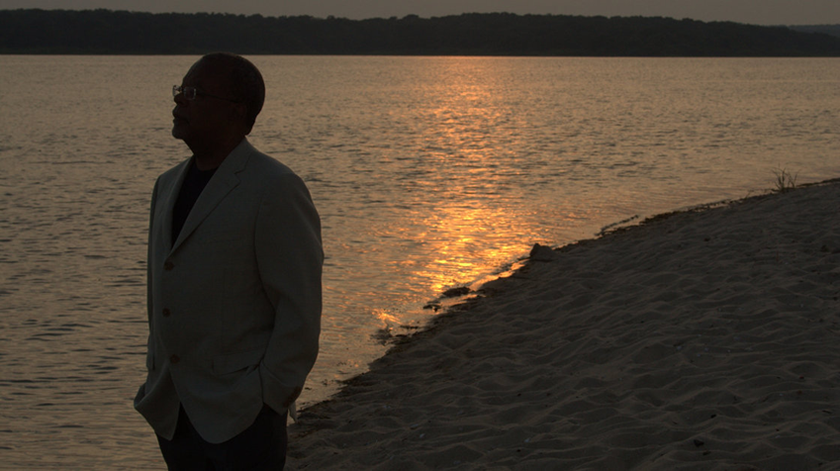
Photograph; Henry Louis Gates Jr. narrates the six-part documentary series. By Peter Simon
Originally Published at National Public Radio. October 22, 2013
The history of Africans in the Americas is a long and complicated one filled with many tragic twists and many hopeful turns. Over time, many people have tried to document that history in books and documentaries, but now one of this country’s best-known authorities on African-American history, Harvard professor Henry Louis Gates Jr., has tried to bridge the gap between popular history and serious scholarship with a new six-part series that premieres tonight on PBS. It’s called “The African-Americans: Many Rivers to Cross.” It traces the path of African-American people from today, where the country is led by its first black president, all the way back to the first African who ever stepped foot on this land, an explorer in 1513.

